New experience always brings us the feeling of excitement, then as the excitement wears off, anxiety creeps in. Say, the news of having a baby is very exciting news for everyone involve. That feeling lingers on until the birth of the baby. It is after the birth process, when everyone has completed sharing the joyous moment of welcoming your new bundle of joy. It is when the salutations and congratulatory exchange had taken place. It is when you are let on your own for few moments, that you begin to think, “This baby didn’t come out with a manual”. No step by step guide how to parent this child. How do I know that I am doing the right thing?
That is why “BabiesBuddies.com” was created. It was created with parents and babies as the centerfold. This website aim to help parents, and beginning parents, to provide answers to questions that some would feel embarrassed to ask, or uncertain to ask.
So, lets deal with the common questions parents ask about babies:
Breastfeeding ~
Breastmilk is the ultimate baby food. It has all the nutrients your baby needs. It has antibodies that fight off viruses and bacteria. It protects your baby’s gut from germs and diseases. Breastfeeding is providing your baby the best source of nutrition.It also promotes bonding of mom and baby and contributes to your baby’s emotional development
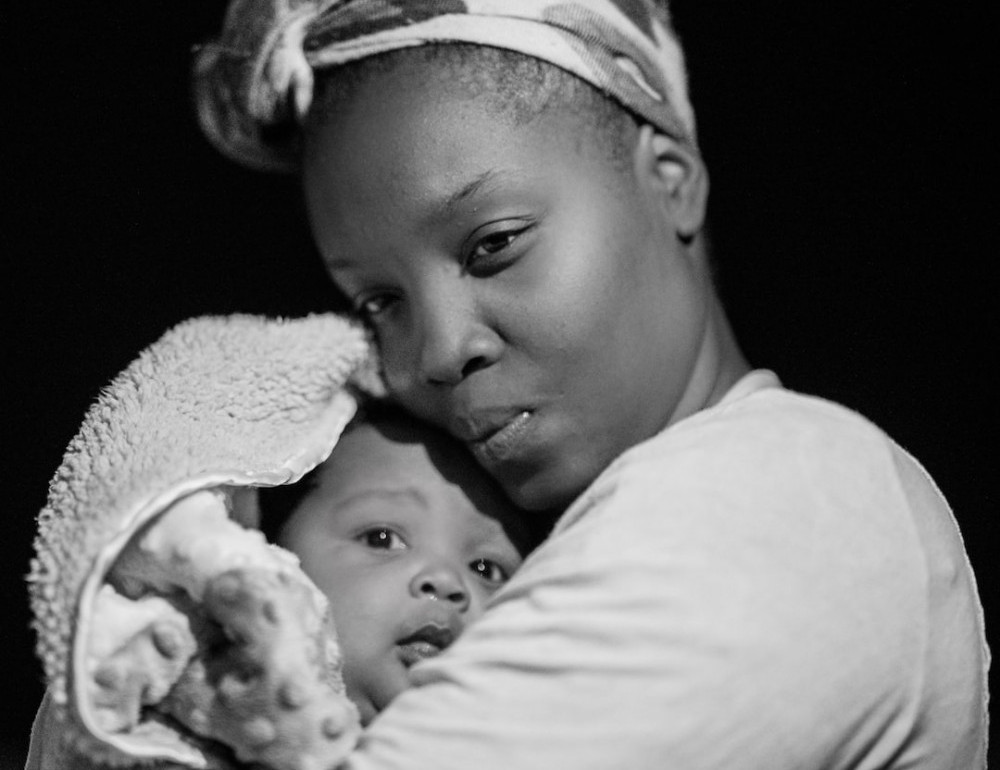
How often do I need to feed my baby?
All babies need to be fed at least 8 or more times in 24 hours. Babies should be fed when they show feeding cues – signs that your baby is ready to be fed.The amount a baby naturally wants to feed will vary. Some babies will want to feed more than others. It is not uncommon for babies to feed 11-12 ro even more per day.
Start breastfeeding your baby as soon as possible after birth and then frequently in the first 24 hours. Colostrum is the first milk a mother produces for her baby. It is highly concentrated with nutrients and antibodies to fight infection and protect your baby.
In about 1 to 3 days, your milk will change and increase in amount. This is when you start making mature milk that your baby needs.
Its common for breastfeeding parents to think that you don’t have enough milk. But keep in mind that your baby’s stomach is very small at birth. As frequently as you feed your baby, the more your body will stimulate milk production.
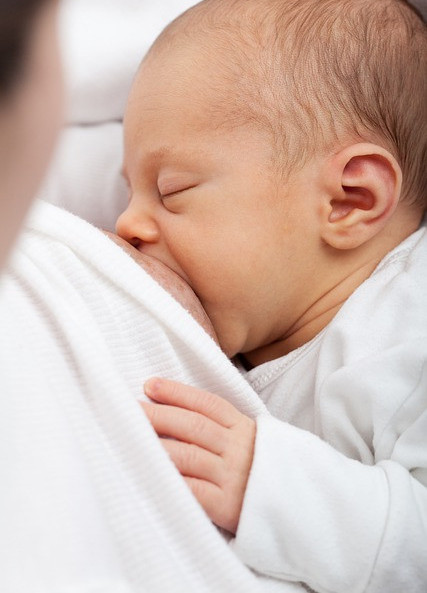
Signs that your baby is getting fed enough
The good indicator that your baby is getting fed enough is how often the diaper gets changed. Your baby’s urine will be clear yellow in color. The more your baby eats, the more frequently you need to change diaper.
On the first day, your baby’s stool would appear black (called meconium), that transitions to greenish, then to yellow. It is normal for babies to pass stool with every diaper change, with breastfeeding babies.
For formula fed babies, it is normal for them to have 1 stool a day.
If your baby chooses totake1breast at a feeding, make sure you start with thenother breast at the next feeding. Alternating breasts will helpmwith proper milk removal. Keep your baby interested and awake during feedings.
Baby’s umbilical cord
Your baby’s umbilical cord will look shiny, yellow and moist and clamped after birth. It will eventually dry out in a few days, and it may appear brown, gray, shrinked and eventually falls off. Do not put any type of ointment, creams or bandage on the cord. If the cord gets wet with urine or stool got on the umbilical cord, wash it with warm water.
If you notice that the umbilical cord has not dried up and apears moist and oozing at the base, and smells bad, you need to call your baby’s health care provider.

Removing Baby’s mucus
Your baby may have some mucus for the first few days of life, and not an indication that your baby is getting colds or getting sick. Your baby may have some mucus that needs to be removed. With the use of bulb syringe, gently put the tip of the bulb syringe on one nostril, creating a suction before the tipgets in contact with the baby’s nostril. Doing the procedure one nostril at a time.
After using the bulb syringe, clean it with hot soapy water and rinse thoroughly in hot wa
Diaper Change
Diaper change takes place before you are to feed your baby and when there’s bowel movement. Clean the diaper area with baby wipes. If you notice redness on the baby’s bottom, use petroleum jelly or zinc-based diaper cream to prevent iritations.
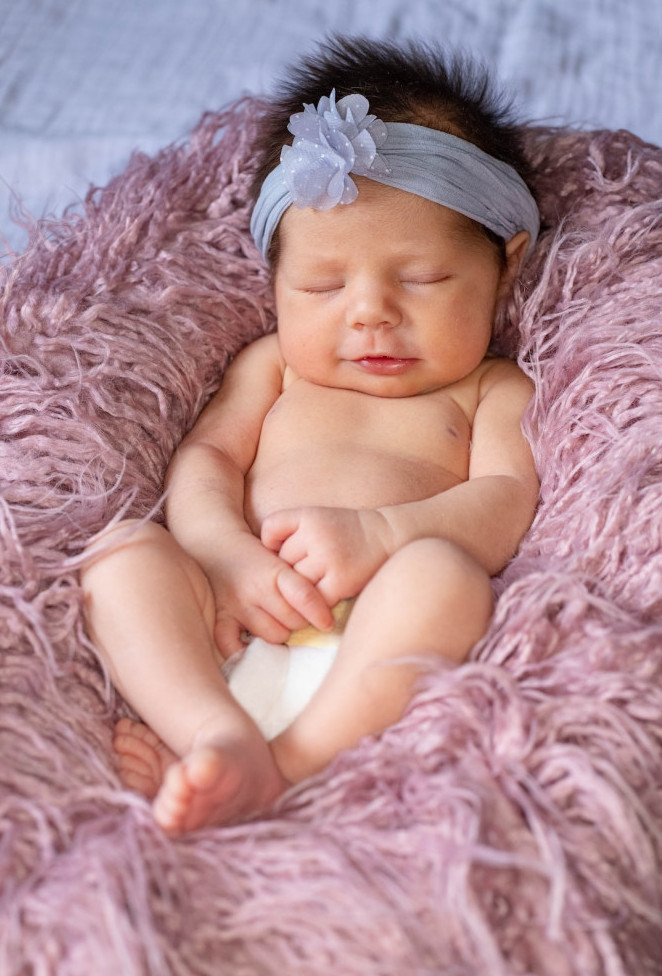
Burping the Baby
When tha baby feeds, a nonnutritive air comes with suckling the milk , making the baby feel uncomfortably full, even when feeding is not completely finished. There are three way burping is done: 1) On your shoulder – Hold thebaby firmly, against your shoulder, supporting the baby’s head, and patting the baby’s back; 2) Sitting Up – Sit up the baby on your lap, supporting the head and neck, lean the baby forward and pat the baby’s back; 3) Face-down on your lap– Turn the baby face -down on your lap, holding the baby securely, pat the baby’s back.
Bathing the Baby
Sponge bath your baby at first using warm damp washcloth, start with the face, the neck and crevices, body and diaper area.
Then after few weeks, a light bathing schedule can be established. Just about any time of the day can be the right time for bath, but giving the baby bath before bedtime always induce relaxation conducive to a good sound sleep.
Avoid baths just after feeding, as too much handling on a full tummy could result in spitting up.
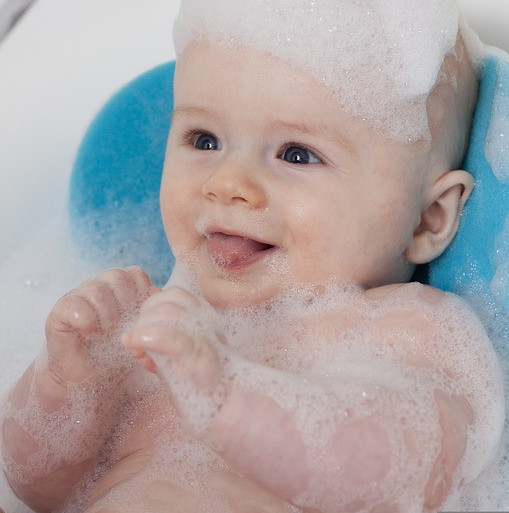
Colic Baby
Colic usually starts on the babies’ second or third week of life , and is quite a nightmare for parents. What causes colic remains a mystery. Baby’s gastric discomforts can be triggered by allergy or sensitivity to something in their mother’s diet. Though there is no evidence that the gas is the cause of the infant’s colic, reducing the gas seems to alleviate baby’s discomforts. The use of Simethicone, seems to be the instant solution to the problem.
Sleeping Patterns
Three days of stay in the hospital, and your baby is so quiet, and you feel so proud that you have a no fussy baby to take home. Instantly, as soon as you are home, the problem starts. You now have, a fussy, crying non-stop baby in your arms.
Remember that the hospital is a place of stimulation is various angles and degrees. That being your consideration, donot keep a super quiet home. Have a nursery lullaby by your baby’s room, plaiyng constantly, whether your baby is awake or asleep
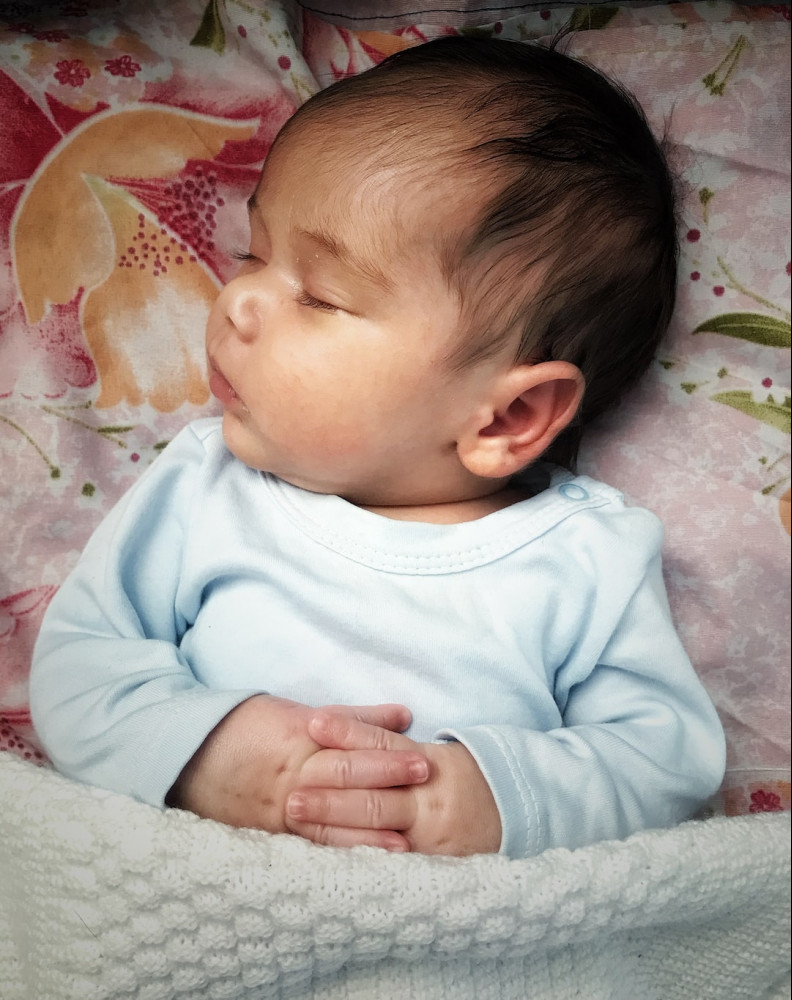
Call 911 if your baby : Has blue lip color
Has difficulty breathing or turning blue
I want you to feel that you can reach out to me if ever you have questions or want to share ideas that you have related to babies, growing premature babies, and the overall health issues pertaining to the care of babies OR just drop me a comment to just say “Hello” or “what’s up”.
All The Best,
Maria Teresa
BabiesBuddies.com
.



